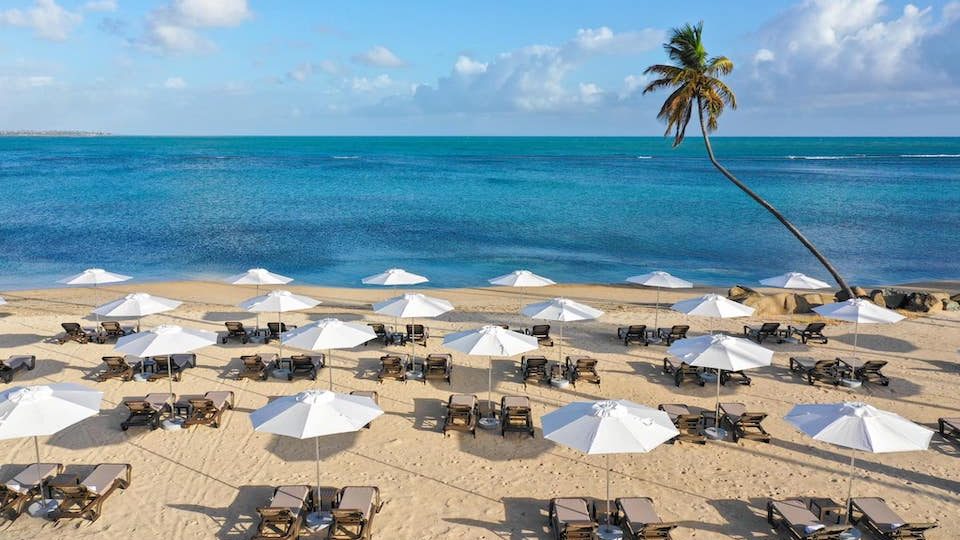By Ricardo Álvarez-Díaz
Two years ago last month, Hurricane Maria ravaged Puerto Rico, ultimately taking more than 3,000 lives. It also exposed the structural vulnerabilities of existing buildings, and further exacerbated the already painful impact of a more than decade-long recession.
However, there was a silver lining to Maria. Despite all the pain and hardship it caused – and the unbearable loss of life – the destruction did bring much needed attention to Puerto Rico. In fact, today there is more optimism than ever about the future of the island for several reasons. They include:
Federal funding
The short-term and mid-term federal funding that is scheduled to come into Puerto Rico from HUD, FEMA and other sources should help jump start currently stalled reconstruction efforts, and encourage private investment in the island. According to federal data, Congress has allocated approximately $42.7 billion for recovery assistance following Maria, with close to $35 billion of that amount still scheduled to be disbursed.
The construction industry in Puerto Rico was hit especially hard by the recession, and it has so far failed to recover. For example, around 12,000 new housing units were built on the island in 2007, versus just less than a thousand the last year. However, with the amount of federal funding designated for the island, and the strong need to continue rebuilding following Maria, the construction industry in Puerto Rico is poised to improve substantially over the near and long term.
New Government
While the recent political crisis in Puerto Rico had an adverse short-term effect on the local economy, particularly for the tourism and construction industry, the resignation of Governor Ricardo Rosselló and subsequent constitutional appointment of Governor Wanda Vázquez has allowed people to be more upbeat about the future here.
In addition, Governor Vazquez’s decision not to run for reelection in 2020 will allow her to focus on what needs to be done to fight the perception of public corruption, improve the economy and continue rebuilding in the Island.
There are several reform measures that must be implemented including labor reform, reducing the size of the government, and working closely with the Financial Oversight and Management Board for Puerto Rico to foster economic growth, all of which I believe Governor Vázquez will work hard to accomplish over the next 16 months.
Tax Incentives
Act 20, also known as the Export Services Act, promotes the exportation of services from Puerto Rico by only charging qualifying companies a 4 percent tax. This has made it a more competitive place for companies to do business, as well as helped local companies be more successful elsewhere.
Opportunity Zones
Furthermore, the recent opportunity zone legislation offers a huge advantage for Puerto Rico. This vehicle was developed to encourage long-term investments in low-income communities throughout the U.S., and promote economic development in distressed areas.
However, what sets Puerto Rico apart is the fact that more than 95 percent of the island qualifies as an opportunity zone, in contrast with a 25 percent cap in all 50 states.
The many benefits of opportunity zones adds to Puerto Rico’s existing value proposition, which includes stability under U.S. laws, attractive tax incentives, a prime geographic location, and an educated, skilled workforce.
All of this sets the stage for successful and serious investors to develop projects throughout the island, mostly focusing on mixed-use developments, energy revitalization, housing construction, and general infrastructure. This will benefit both the long-term investor and local population, and help launch Puerto Rico’s economy into a bright new era of sustained economic development.
Ricardo Álvarez-Díaz is CEO of Álvarez-Díaz & Villalón, the largest architecture firm in Puerto Rico, as well as vice chair of Invest Puerto Rico and a member of the Governor’s Construction and Housing Advisory Committee. He also served as a liaison between the private sector and FEMA on infrastructure, construction and housing issues.
Note: the opinions expressed in Caribbean Journal Op-Eds are those of the author and do not necessarily reflect the views of the Caribbean Journal.
